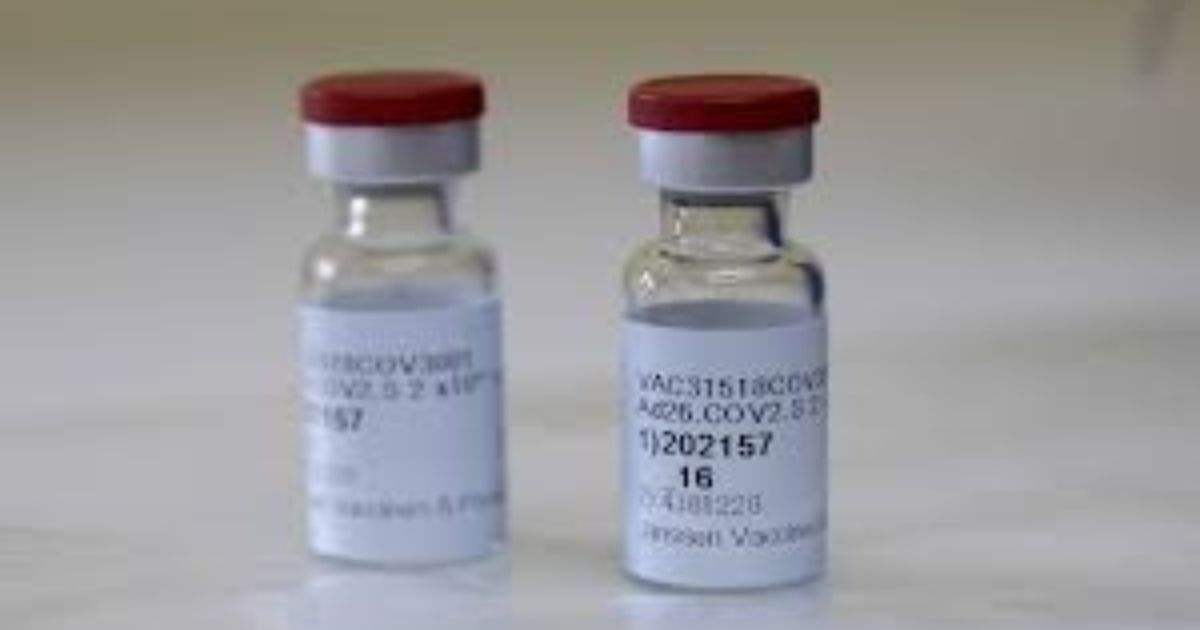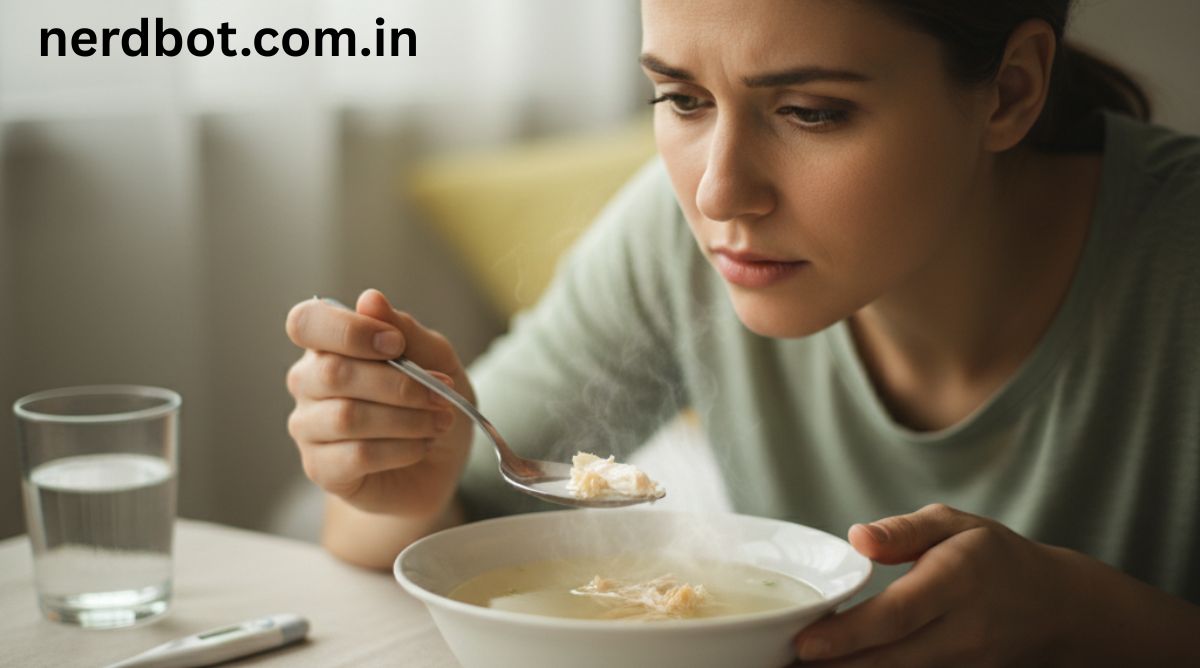Receiving the first dose of the COVID-19 vaccine is a significant step toward safeguarding oneself and the community against the virus. However, lifestyle choices post-vaccination, such as smoking, can influence the vaccine’s efficacy. This article delves into the implications of smoking after the first dose of the COVID-19 vaccine, examining scientific findings and offering recommendations for optimal post-vaccination care.
Understanding the Immune Response Post-Vaccination
Vaccines function by stimulating the immune system to recognize and combat pathogens. The first dose of a COVID-19 vaccine initiates this process, prompting the body to produce antibodies and memory cells that provide protection against the virus. Maintaining a healthy immune response during this period is crucial for the vaccine’s effectiveness.
The Impact of Smoking on Immune Function
Smoking has long been associated with adverse effects on the immune system. It impairs both innate and adaptive immunity, leading to:
- Reduced antibody production: Smoking diminishes the body’s ability to produce antibodies, which are essential for neutralizing pathogens.
- Altered immune cell function: It affects the activity of immune cells, compromising the body’s defense mechanisms.
- Chronic inflammation: Smoking induces a state of persistent inflammation, which can interfere with immune responses.
These factors collectively weaken the body’s ability to respond effectively to vaccinations.
Scientific Findings on Smoking and COVID-19 Vaccine Efficacy
Recent studies have explored the relationship between smoking and the immune response to COVID-19 vaccines:
- Reduced Antibody Levels: A study observed that smokers exhibited significantly lower levels of vaccine-induced IgG antibodies compared to non-smokers, indicating a diminished immune response.
- Faster Decline in Immunity: Research indicates that smokers experience a more rapid decrease in antibody levels post-vaccination, potentially reducing the duration of protection.
- Impaired Vaccine-Induced Immunity: Smoking has been shown to impair the body’s ability to generate a robust immune response following vaccination.
These findings underscore the negative impact of smoking on vaccine efficacy.
Smoking After the First Dose: Immediate Concerns
While the long-term effects of smoking on vaccine-induced immunity are evident, immediate concerns post-first dose include:
- Interference with Immune Activation: Smoking shortly after vaccination may hinder the initial activation and proliferation of immune cells, crucial for developing immunity.
- Increased Side Effects: Some studies suggest that smokers may experience heightened side effects post-vaccination, such as muscle and joint pain.
These factors suggest that abstaining from smoking after the first dose could be beneficial.
Recommendations for Smokers Post-Vaccination
To optimize vaccine efficacy, smokers are advised to:
- Abstain from Smoking: Avoid smoking for at least a few days post-vaccination to allow the immune system to respond effectively.
- Consider Smoking Cessation: Use the vaccination period as an opportunity to quit smoking, enhancing overall health and immune function.
- Monitor for Side Effects: Be vigilant for any adverse reactions post-vaccination and consult healthcare providers if necessary.
- Maintain a Healthy Lifestyle: Engage in regular exercise, consume a balanced diet, and ensure adequate sleep to support immune health.
Conclusion
Smoking after receiving the first dose of the COVID-19 vaccine can adversely affect the body’s immune response, potentially reducing the vaccine’s efficacy. Abstaining from smoking during this critical period is advisable to ensure optimal protection against COVID-19. Moreover, considering smoking cessation can lead to long-term health benefits and improved immune function.
—










